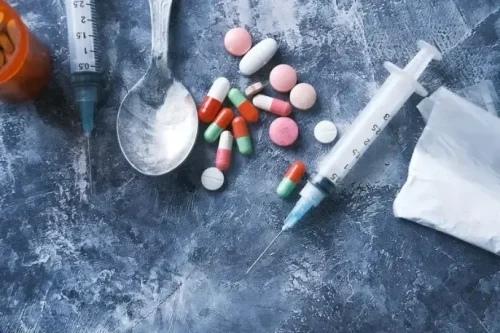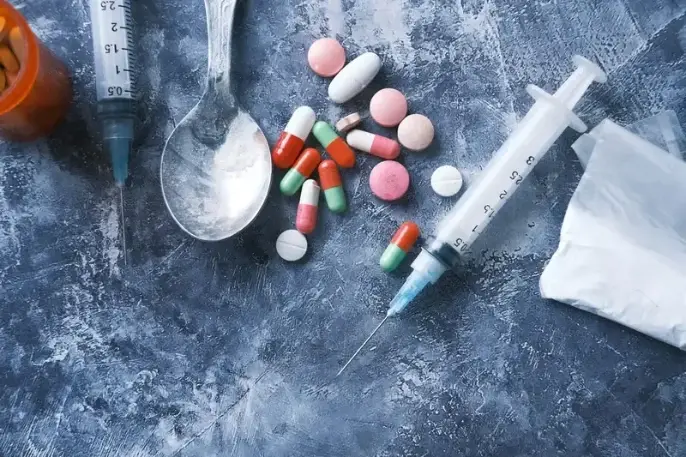Do’s and Don’ts for When a Loved One Comes Home From Rehab

This might mean encouraging them to attend meetings or therapy sessions, or simply being there to listen. Support their journey by encouraging them to seek professional help from therapists, counselors, or recovery programs. Professional support can provide them with the tools and strategies necessary for lasting recovery. Researching reputable programs and discussing treatment options can ease their path toward recovery.
Finding a Substance Abuse Treatment Center in New York State
Gently reminding them of the importance of these connections without pushing too hard can help keep them on track. You can also assist in finding additional resources if their current treatment plan isn’t meeting their needs. By staying informed about recovery programs and local support networks, you can help ensure they have access to the tools that best support their healing process. If you’re a friend or family member of someone in recovery from mental illness or addiction, you may want to know what you can do to support your loved one. You want to be helpful and supportive, but you may feel at a loss as to what specific things you can do. Many OASAS providers offer expanded services that build on traditional prevention, treatment, and recovery programs.
DENOVO RECOVERY

Prioritizing your own self-care isn’t selfish; it’s essential for sustaining your ability to be a supportive partner. Boundaries are essential in any relationship, but they are especially important when one partner is struggling with mental health challenges. Healthy boundaries ensure that you can offer support without feeling emotionally depleted. Creating a safe space for your loved one to express themselves can be one of the most supportive things you can do. Let them share their thoughts and feelings without interrupting or offering unsolicited advice.

Waypoint Recovery Center Blog
“At-Risk Groups” are segments of the population who are especially vulnerable to developing a substance abuse problem, or those who have a higher likelihood of negative outcomes. While there are several different demographics that fit into this category (such as pregnant women and veterans), the only recent statistics in the state of New York have to do with youth. Youth are considered “at-risk” because the effect of substance-abuse on their still-developing brain is more extreme than with older addicts. If you are pursuing treatment that will be covered by insurance, your first step will likely be scheduling an assessment by a qualified individual such as a therapist or counselor. Most facilities provide assessments, or your primary care provider may be able to refer you. Contact companies in our database above to find out if they will provide this service.
- Although these ideas come from my work with people with mental illness and addiction, most should work equally well for other issues, such as recovery related to grief, loss, or illness.
- AmeriCorps offers opportunities for individuals of all backgrounds to be a part of the national service community, grow personally and professionally, and receive benefits for their service.
- Not only can it be a great foundation for long-term recovery for them, but also you may find something you enjoy as well.
- As a partner, you can be a source of stability and comfort, but it’s equally important to nurture yourself along the way.
‘They got me back’: How a local organization is helping one man’s recovery

It’s sometimes a delicate balance, but don’t rescue or enable the person by taking on things they should be handling for themselves. Keep offering gentle reminders that they (and not you) are ultimately in charge of their life. Keep it positive by providing frequent encouragement and abundant praise for progress toward a specific goal. Offer constructive and supportive comments and suggestions about things that aren’t going as well to help the person get back on track.
Housing providers also assist in vocational training and employment counseling to help individuals in recovery lead self sufficient lives. It’s easy to focus on the challenges mental health issues bring, but it’s equally important to nurture the positive aspects of your relationship. Make time for the things that bring you joy and help strengthen your bond.

Why Are Boundaries Important in Recovery Support?
Statistics involving arrests and crashes due to drugs and alcohol give direct insight into the substance abuse problem in the state. Plans are broad in scope and can include anything that a person identifies as necessary to support their recovery. This can include physical health, education, employment, finances, legal, family, social life, intimate relationships, and spiritual goals. They are developed, implemented, and evaluated by your treatment team with input from the recovering individual and/or their loved ones. Caring for someone with mental health challenges can be exhausting if you don’t take time to recharge.
- Substance use disorders affect biological functioning, dominating the brain’s reward system, affecting emotional regulation, motivation, impulse control, and pleasure-seeking behaviors.
- These supportive phrases will help you communicate your support in the most meaningful way.
- To see if there’s a Family Support Navigator near you, click here for a county by county directory.
- Reach out to one of our admissions navigators at , and they can provide the information and support you need to care for your loved one and help them continue working toward sobriety.
- By understanding the unique challenges of recovery, you can help your loved ones stay motivated, feel understood, and regain their confidence as they rebuild their lives.
- If you’re grateful for what they’re doing and the effort they’ve put in, share that gratitude.
Community Resources and Support
A high rate of homelessness in an area indicates a greater potential for substance abuse problems. Homelessness has been shown family support in addiction recovery to be linked to substance abuse as both the cause and result. As you can see in the table below, mental health problems afflict more than one out of every six New Yorkers (or 17.22%), which is considerably higher than the national average of 13.55%.
